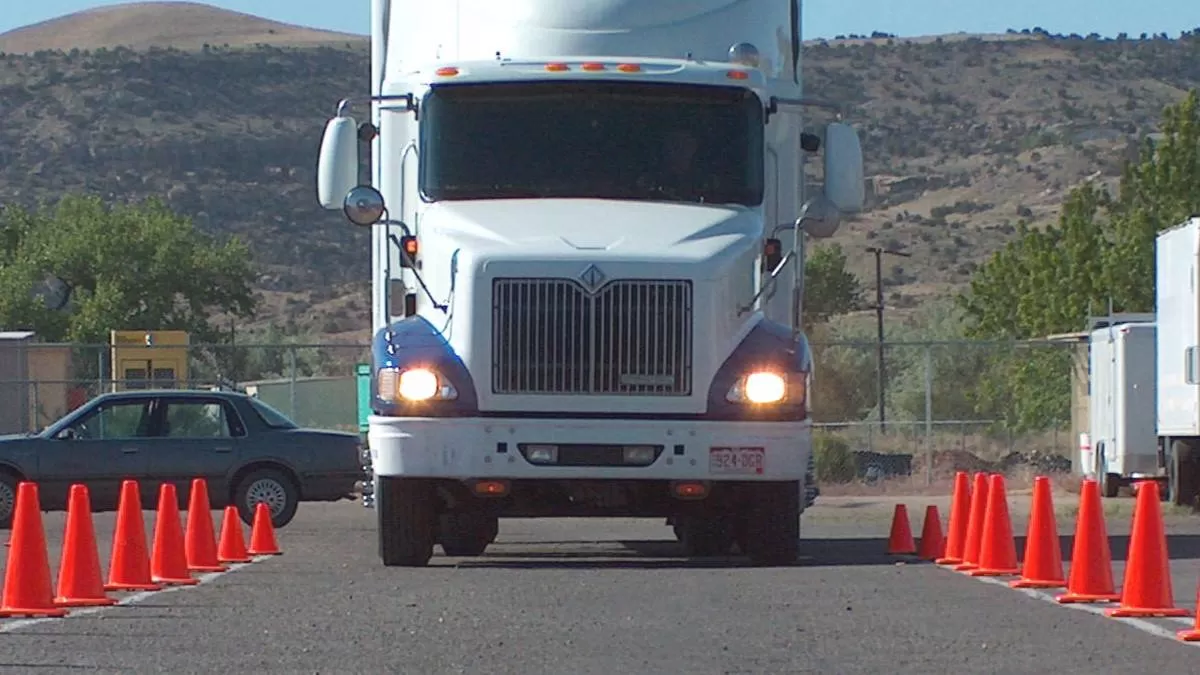
The first step in everything is usually the most important and how you take it determines how successful your journey will be.
Even in the truck driving career, you need to pass several tests before you are given a job. In this article, I will share with you what to expect when you are called for a truck driving job interview.
Some are privileged, they have brothers who have been through the process and they will simply impart to them the knowledge attained during the initial stages of their truck driving profession.
As always, SA Trucker is there to cover the gaps left by the brothers and uncles.
Vetting
When you arrive at the interview venue, the interviewer will ask for your qualifications according to the requirements. Some of the documents that may be required are your driver’s licence, PrDP, passport, Defensive Driving Certificate, DGP, Police clearance certificate, Medical Certificate, CV and references.
After receiving your documents, the interviewer makes a careful and critical examination of the documents to see if you qualify for the job. This stage is usually not negotiable because if you don’t meet the minimum requirements there are probably hundreds more qualified drivers waiting outside the gate.
If you are found to have falsified any of your documents you will definitely be failed. Employers want honest employees as you will be tasked to transport millions worth of goods during the course of your work.
As in any interview, you should avail yourself at least 15 minutes earlier, not many employers would give you a chance when you arrive after they have finished the vetting process.
Verbal Interview/Theory
Some employers prefer conversing directly with you, be mindful that this is their chance to test your communication skills and confidence.
You can also be asked truck related questions, like if you stated in your CV that you drove a VOLVO, be prepared to answer questions as trivial as, where is the oil dipstick situated?.
You can also be asked questions as tricky as, how to do the K53 pre-trip inspection?. You just need to be prepared to answer any kind of question that proves that you at some point went through the K53.
Yard test (Reversing)
If you make it to this point you are likely to get the job, just avoid being nervous – a hard thing to do in a test, I know.
Make sure you understand these terms used in the trucking industry, alley docking, straight reverse, blindside reverse and sight side
reverse.
22 points to pass that truck driving job interview
Interviewers expect you to know them because they are mentioned in the K53. Others are self-explanatory except Alley docking which is a manoeuvre where you are instructed to reverse into a bay from an angle either from the right or left. Be sure to obey all road rules as you approach the starting point.
Dover test
Be prepared to take a Dover test, simply explained as the eye-hand-foot coordination and reaction test.
The Dover tests your eye-hand-foot + basic manual co-ordination, reactions to stimuli in various environmental conditions, auditory discrimination, estimation of the speed/direction of moving objects, basic decision-making abilities and concentration levels under monotonous circumstances.
The Dover test can be used to narrow down large numbers of applicants for the job.
Road test
Usually the last part of a truck driving job interview, here you are expected to drive professionally as instructed by the interviewer. Listen attentively and follow what you are instructed to do. Follow the road rules, signs and markings.
It may be a good idea to switch off your cellphone as it can be a fate deciding factor when it rings while you are driving. Imagine you try to reach for your pocket to take it out only to realise you are being interviewed. You can’t afford to fail at the last hurdle. If the interviewer notices you tried to reach for the cellphone or even just looked at it, that’s a driving distraction that will get you failed without a doubt.
In between the mention points, some employers may subject you to a polygraph test popularly known as the lie detector. It is a great tool that employers use to check if you were truthful in your interview.






